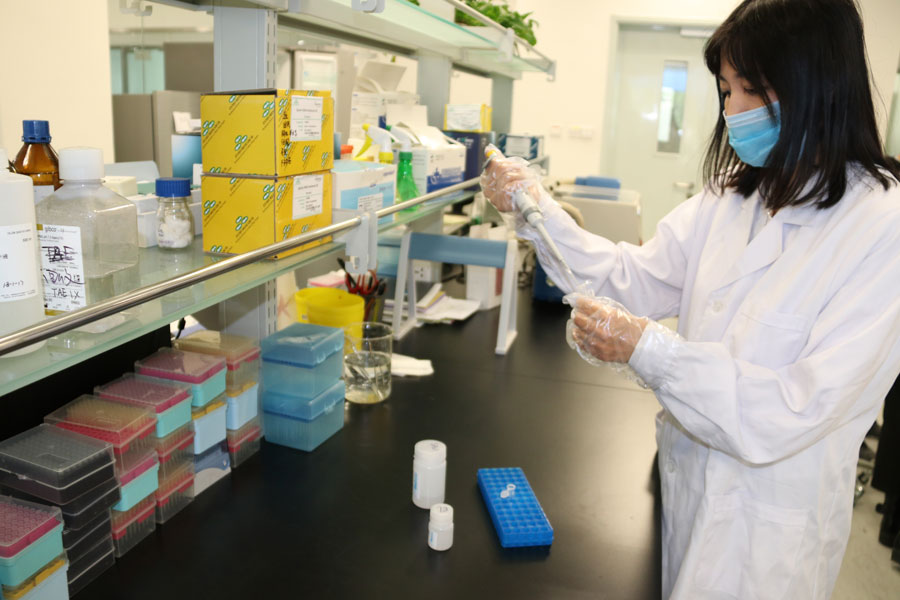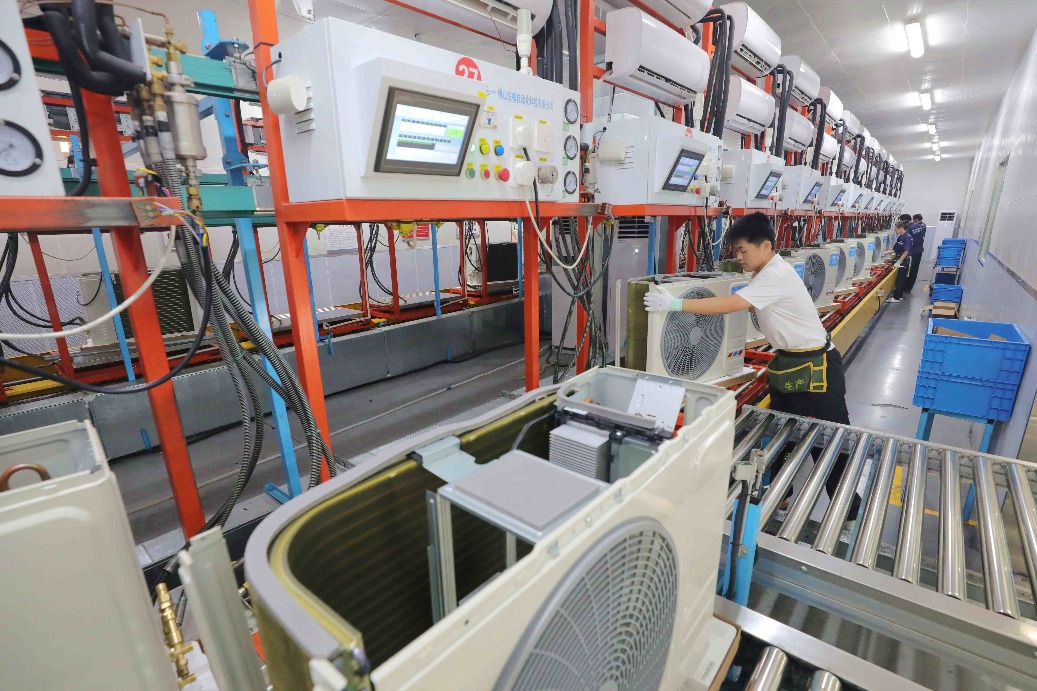Founder Group plans healthcare clusters in 5 regions


Chinese technology company Founder Group plans to build healthcare clusters in five regions, including the Beijing-Tianjin-Hebei region, Yangtze River Delta and Pearl River Delta regions, by 2020, to take advantage of the huge opportunities brought by the new round of reforms.
Many of these opportunities come from China's growing demand for quality healthcare solutions and medicines. Such demand comes against a background of a government's plan announced in March to make coordinated moves to accelerate research and development for various types of drugs and medical equipment, reform healthcare pricing, staffing and remuneration, and medicine distribution.
The other two regions are the Chengdu-Chongqing area and the Nanjing area.
The group, which was established by Peking University in 1986, has already established industrial parks in Beijing and Suzhou, and will build a new one in Chongqing in the second half of this year.
Li Haisheng, general manager of PKU-Care Industrial Park Technology Co, the healthcare industrial development platform of Founder Group, said unlike pharmaceutical plant-themed healthcare industrial zones or parks, these clusters are formed by high-end healthcare service and solution providers, biopharmaceutical companies and medical equipment manufacturers.
"The parks in these five regions will have different pillar businesses, some of them will focus on developing 3-D printing, surgical robots and medical equipment manufacturing, some will cultivate businesses to conduct research and development for gene therapy and integrated artificial intelligence products, based on their regional economic character," said Li.
Founder Group built its first health industrial park in Beijing in 2012. It includes chemical, biological and animal labs, which are designed to meet international standards recognized by the United States Food and Drug Administration.
The park now has more than 150 biotech companies and research institutes. Their objectives are to further contribute to long-term development of the biotech industry, so as to seek effective solutions for major problems such as long research and development cycles, financial issues and resource shortages.
"The development of high-end healthcare industries can be a flexible solution to support China's public health services, as well as further compete with other established foreign rivals in the same field," said Li. "We will further diversify the methods of operating the industrial park assets, and the integration of incubation and scientific technology service systems.
"As China joins the ranks of middle-income countries, the demand for health services has increased substantially. New technologies and solutions can help alleviate the problem of inaccessible and expensive public health services that have long been a big concern for the general public," he said.
Under the company's plan, supporting sectors such as precision medicine and the development of big data systems for healthcare will be priorities for all five clusters.
Eager to enhance the country's service ability in healthcare sector, the central government announced in April that it will allow medical institutions to conduct internet-based medical services as part of a broader push to promote internet-plus healthcare (that is, using the digital medium to deliver healthcare services).
Medical institutions will be allowed to provide online diagnostic services for some common and chronic diseases in patients' follow-up visits to their doctors.
As digital technologies have transformed the healthcare industry dramatically, Li said the use of smart and wearable devices, and other solutions, can effectively collect health and contextual data, allowing patient monitoring anywhere in the future.
"The scope of such devices is significant, potentially leading to fewer readmissions, more rapid emergency responses, and more immediate care to avoid deterioration or adverse events, such as stroke or falls," he said.
China has already moved through the phases like educating many young scientists and researchers, and translating their academic skills into product development and solution skills, said Zhang Yuxin, a professor at the School of Public Health, China Medical University, Shenyang, Liaoning province.
Founder Group owns six companies listed on the stock exchanges in Shanghai, Shenzhen and Hong Kong. Its core businesses are information technology, healthcare, industry finance and vocational education.




































